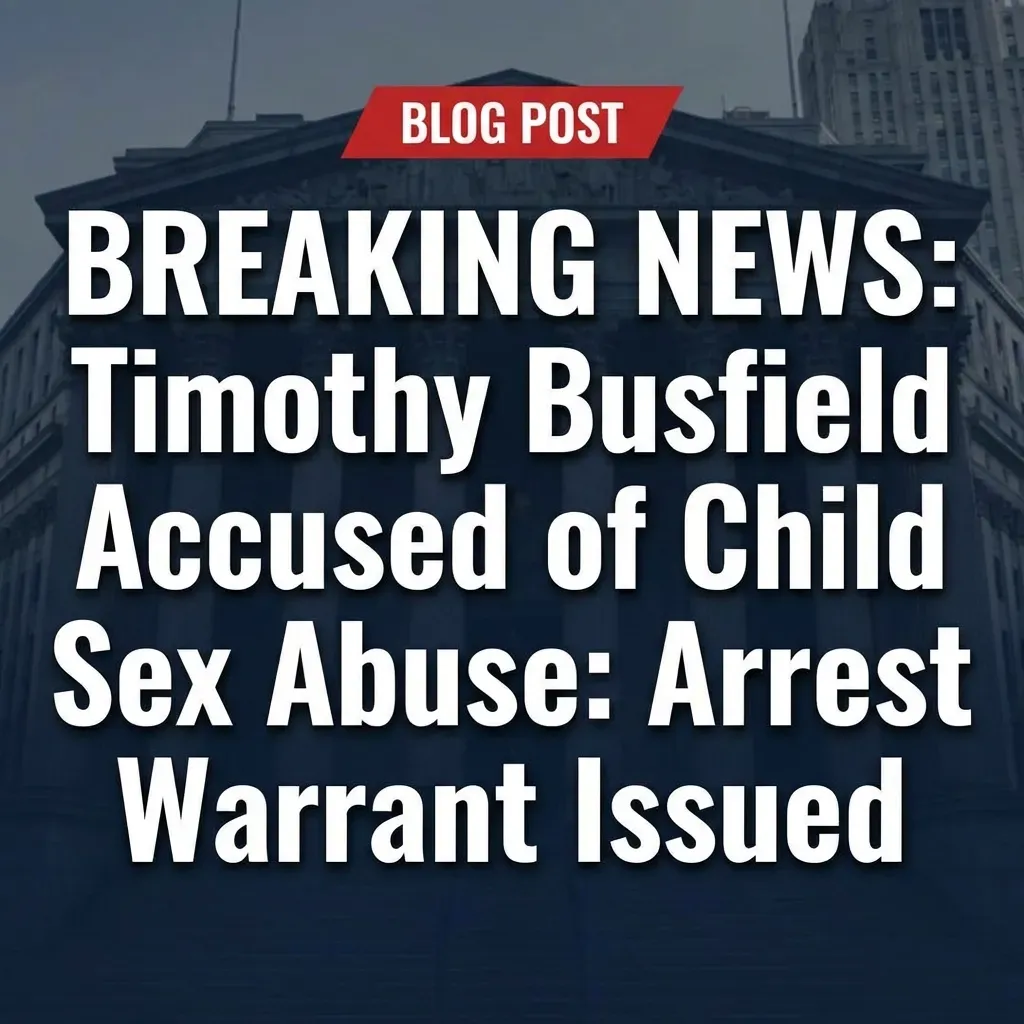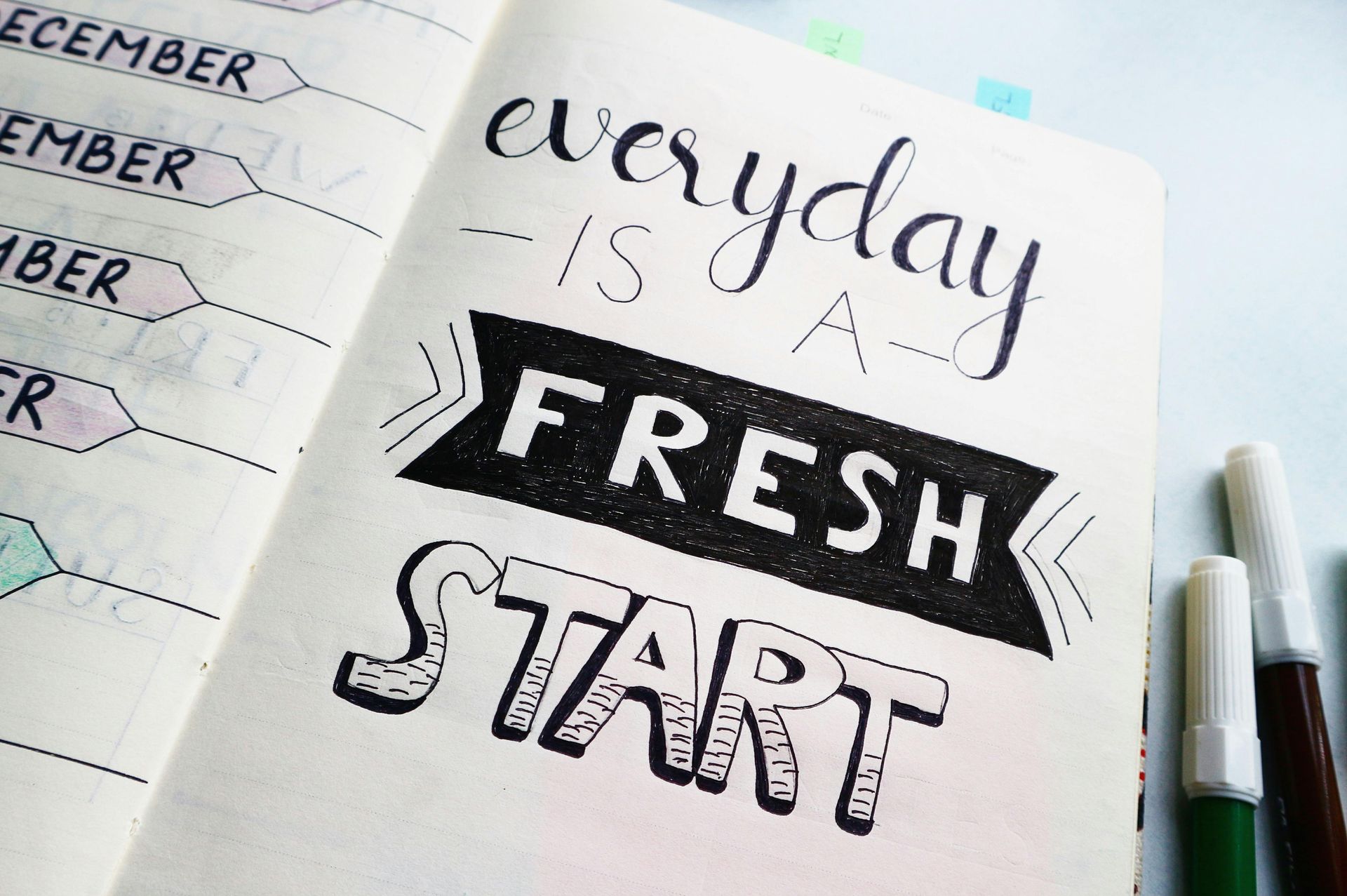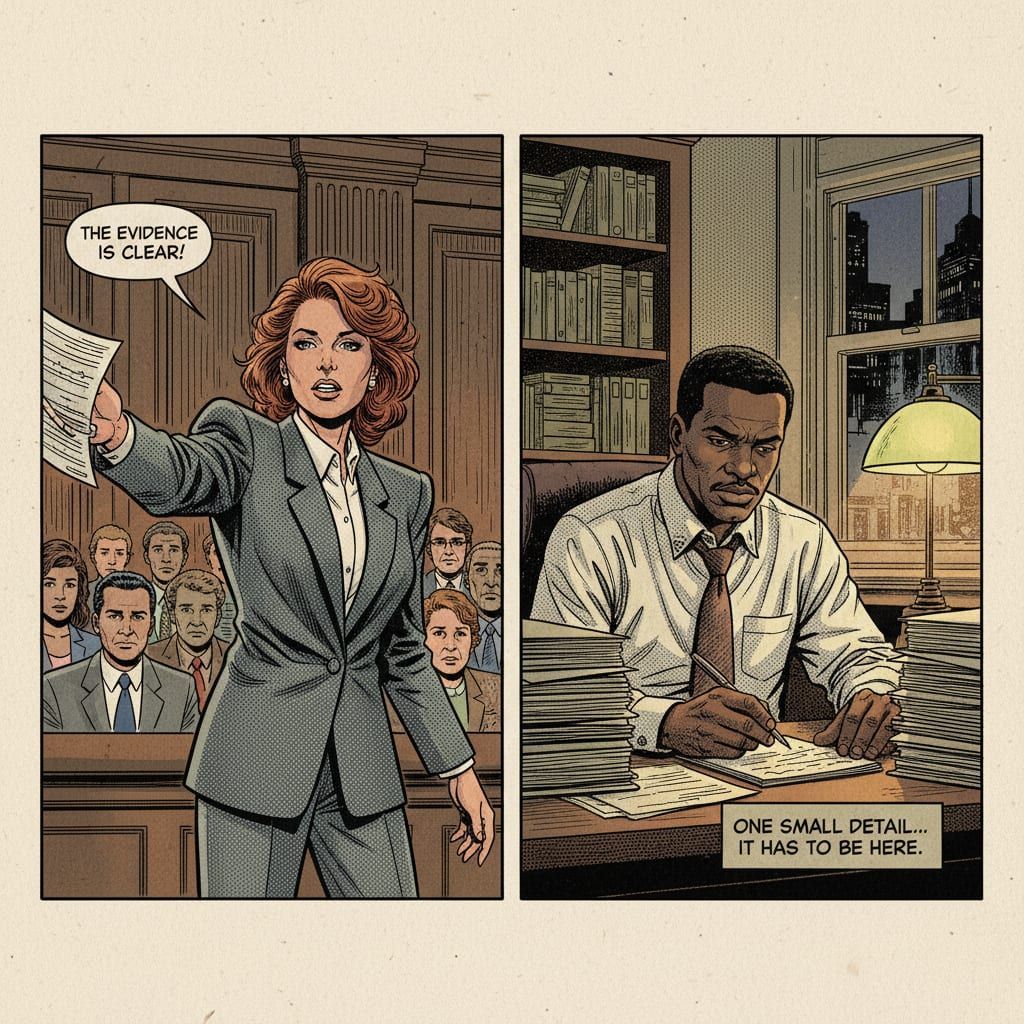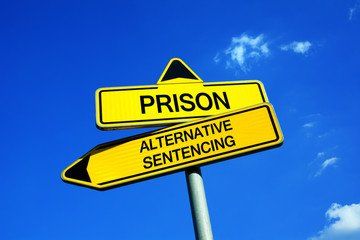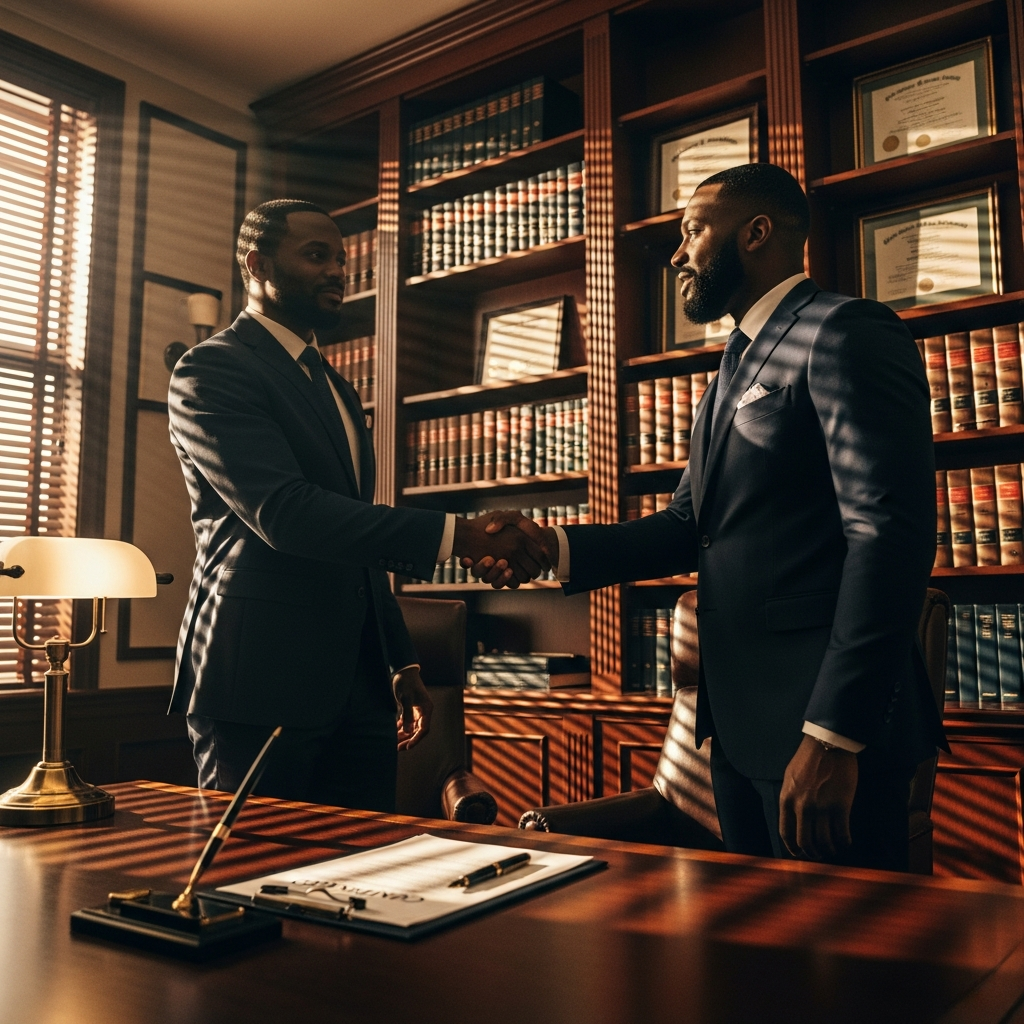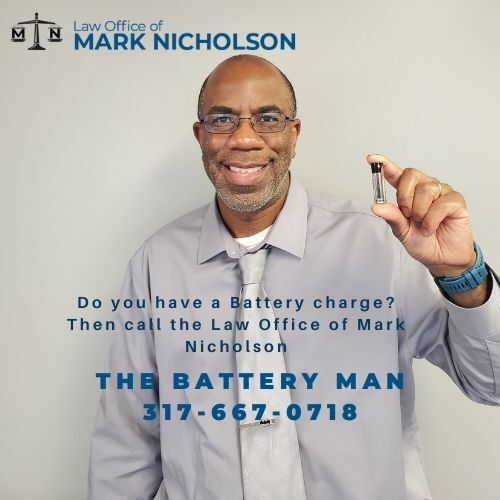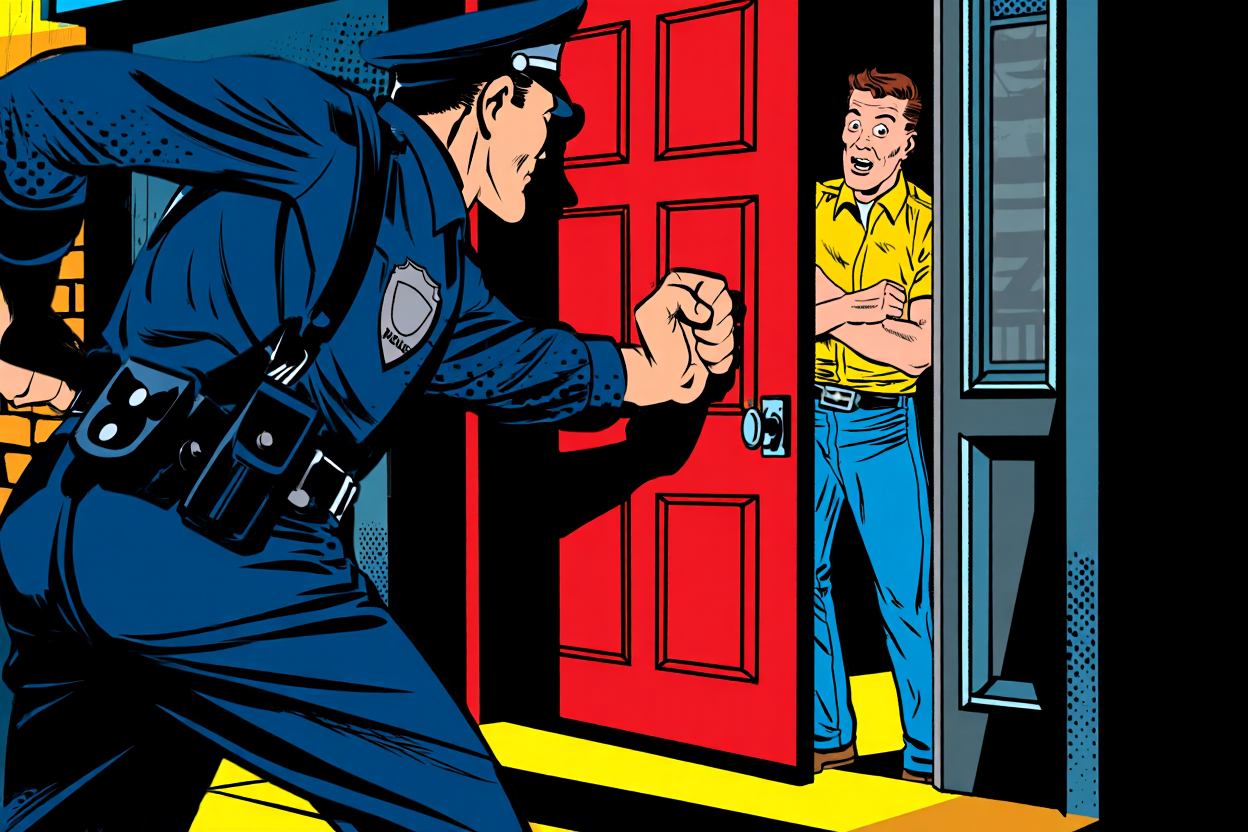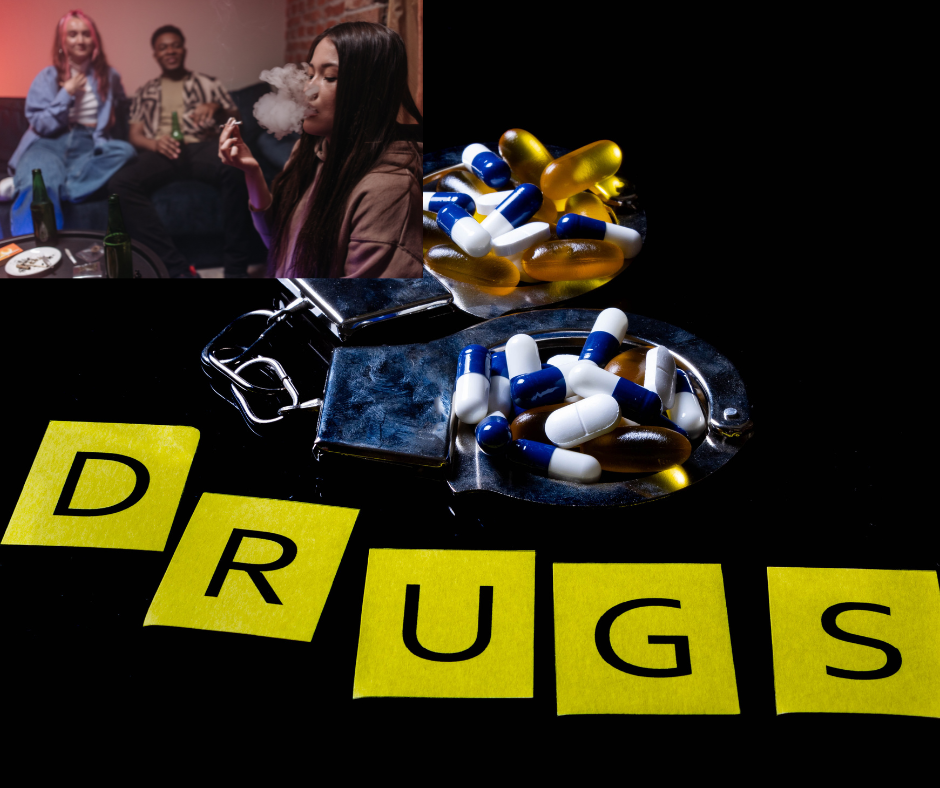What is Police Brutality or Excessive Force?

Black Lives Matter
Excessive Force
Very few experiences compare to the feeling of terror that Black people experience every time the police stop them for a minor alleged violation. The reason for this feeling of terror is police brutality or excessive force.
Too many people of color are murdered at the hands of law enforcement each year. Police brutality is a system of injustice that has been are part of our country since the very beginning. America founded this country on racism and the oppression of minorities. It started with the Native Americans then the African-Americans. Slavery: The original sin of the United States of America.
Do Black Lives Really Matter? If so, then you should not be afraid to say it. Black Lives Matter, too, doesn’t mean that all other lives don’t. Notice I didn’t include “only” in front of Black Lives Matter. People should not interpret Black Lives Matter to mean only.
It wouldn’t be fair for me to interpret “All Lives Matter” to mean All Lives Matter, except Black lives. If you truly believe that all lives matter then you should not be offended when one of those lives is fighting to stay alive. If you are against racism, police brutality, and injustice then read on to learn more about the terrible issue that’s shaking the core of America right now.
What Is Police Brutality?
Are you surprised when a thief steals? Probably not. We expect criminals to commit crimes. What we don’t expect is for police to commit crimes. The people are tax dollars pay to protect us should not be used as an instrument of brutality. They are supposed to protect us from harm not inflict it upon us.
We are shocked when we see police abusing their power because they are usually not held accountable like the criminals committing crimes. It is not hard to find examples of police brutality. Numerous videos show in horrific detail police killing unarmed Black people. There are even more articles describing police brutalizing people, engaging in excessive force on some of the most defenseless.
Defining Police Brutality
According to the US Department of Justice , law enforcement misconduct- better known as police brutality- is defined as “[c]onstitutional violations by law enforcement officers [that] most often involve alleged uses of excessive force, but also include sexual misconduct, theft, false arrest, and deliberate indifference to serious medical needs or a substantial risk of harm to a person in custody.”
Generally, most people believe excessive force is more violence than is warranted by the situation. However, there are no set criteria for what qualifies as ‘excessive force,’ which has caused many issues in past legal cases.
Officers often escape being held accountable for crimes they commit against minorities. A part of this is systemic racism in the justice system. The cases rarely even make it to court. If they do, jurors often acquit the officers because the officers claim they were afraid for their life. Police rarely admit this until they are charged criminally with murdering an innocent person. Usually, they will not admit to being afraid or scared. It’s the legal “I was concerned for officer safety.” That sounds a lot different than “I was afraid for my life. I thought he was going to kill me.”
In civil cases, law enforcement is given so much deference by the courts that it makes it hard for victims to prevail. The law makes it even harder to recover for victims and their attorneys. There are short deadlines for filing complaints, immunity, and other barriers that insulate officers from being held accountable. Unless it is an egregious act that can be proven by video, then most attorneys will not take the case. The police will argue that “excessive force,” a loosely-used and ill-defined term, did not take place.
Examples of Types of Brutality
Police brutality comes in multiple different forms. Some of the most common are:
- Unjustified shootings
- Murders without gun violence (such as in the recent case of George Floyd)
- Beatings with or without weapons
- Use of K-9 units
- Sexual violence up to and including rape
However, there are also forms of police violence that do not cause physical injury:
- Racial profiling (a factor which leads to violence)
- Planting evidence on innocent people
- Verbal assault (calling detainees racial/homophobic slurs)
Police brutality is something that you will never forget if you see it or are the victim of it. It is not like other forms of abuse. There are other added factors that many abusive situations do not have. Namely, police are in a position of power in society, so it’s easy for them to exploit it. They also have a wide range of weapons that they can deploy when hurting people. They are trained in those weapons. In my years of experience cross-examining officers, they are trained to kill but never admit it. But don’t let their lie fool you. They are trained killers, and many of them are former military.
Body Cams
Body cameras (bodycams) are recording devices worn by police that capture what they do on the job. Although many police agencies require them, Indianapolis currently does not. Indianapolis Mayor Joe Hogsett said the police would be required to wear body cams this summer.
Below are a few positives reasons for police body cams:
- Tool for learning what the police are doing
- Currently, there is public support for body cams
- Improve police accountability
- May decrease instances of brutality
- Evidence in a court of law during criminal and civil rights cases
The latter is very important. If someone is a victim of excessive force or discrimination, police body cams can catch the abuse while it’s occurring. Even if the officer turns off the camera, another officer may capture the events. These tapes will provide proof that the officers engaged in excessive force. Additionally, if the officer followed proper protocol then the video should capture it and reduce the incidents of false allegations against the police.
Hearing Our Voices
Police should be required to wear body cams. However, even when officers are caught on video committing murder, nothing happens. Why not?
Because some people in a place of privilege silence people of color. Consider the police shooting of Sean Reed locally, or Ahmaud Arbery in Georgia or the strangling of George Floyd that has sparked the nation to protest. These are examples where people weren’t given a voice. They snuffed out their voices and created a false narrative.
When law enforcement officials do not care about Black voices, this is a travesty that has devastating and deadly consequences. Once again, just search the internet for video after video of officers murdering unarmed Black people. However, just because some police officers do not care about Blacks does not mean that we don’t care, and you should do nothing.
Your protesting should put pressure on our legislators to perform better. Make your voice heard by voting for someone you believe that has the best interest of the country and community.
Your Legal Rights: Getting Justice
In addition to trying to change the world by hearing our voices, there is legal action you can take if you or a loved one has been a victim of any form of police brutality.
Civil rights lawyers have made it their life’s work to defend people like you and your loved ones against the White Privilege and oppression by those in power. We aren’t here to talk over you, but rather to listen and amplify your voice in a courtroom.
The first step toward justice is finding and hiring a competent civil rights lawyer that will take on your case. Contact us to learn more.
The post What is Police Brutality or Excessive Force? appeared first on Law Office of Mark Nicholson.

